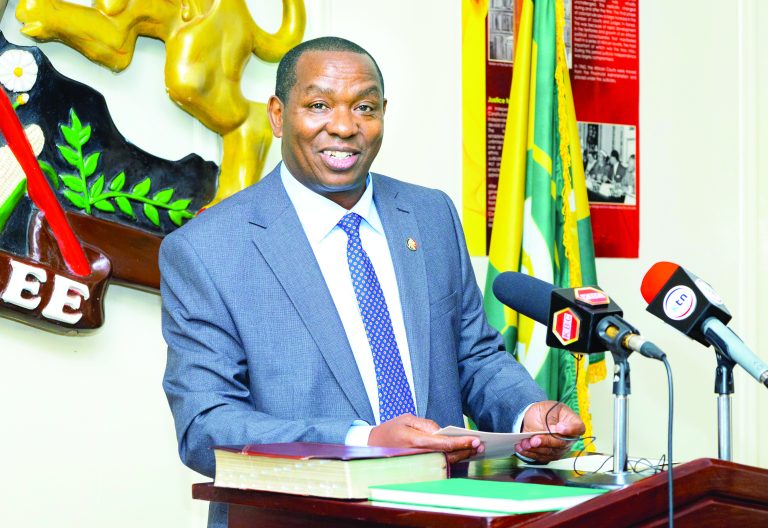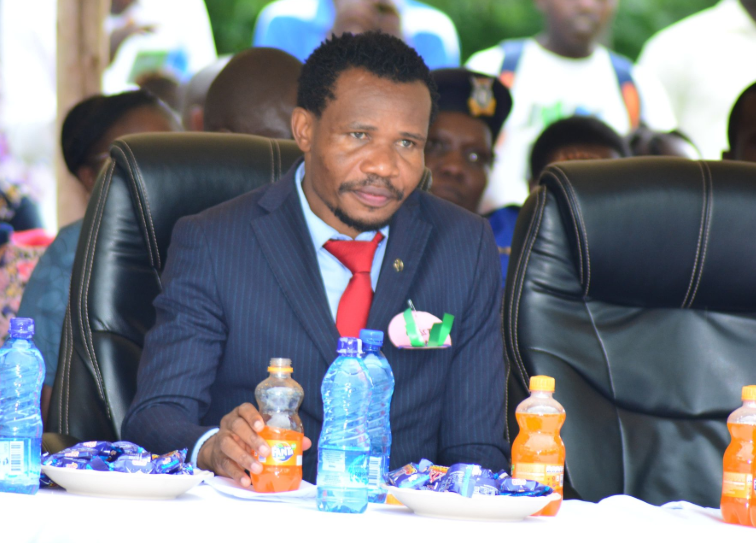Complex legacies of KRA’s past and present leaders

Former Laikipia Governor Ndiritu Muriithi officially took over as chair of the Kenya Revenue Authority (KRA) board of directors, succeeding Anthony Mwaura, who has been redeployed to Kenya Rural Roads Authority (KeRRA).
During his swearing-in ceremony held at the Supreme Court of Kenya on December 30, Muriithi promised to steer the KRA board with professionalism, fairness and firmness.
“What you might expect of this board under my chairmanship is professionalism, fairness, and firmness as cornerstones of how we will lead this organization,” he remarked.
Muriithi emphasized the need for the authority to adopt a customer-centered approach, moving beyond its traditional perception as just an authority. “It’s about looking at the processes and systems to ensure they are simple and citizen-focused, making it easy for Kenyans to fulfill their duty of funding public services.”
However, despite his optimistic tone, the former governor faced legal battles between 2018 and 2020, involving dismissed county staff, who accused him of infringing on their rights to fair administrative action.
Although the case was thrown out by the Employment and Labor Relations Court, it was ruled that Muriithi and his board lacked an employer-employee relationship with the affected staff. With a bigger workforce at the authoruty, questions linger whether he will be able to foster harmonious relationships with staff and deliver effectively.
High cost of living concerns
Moreover, Muriithi’s criticism of the government’s tax proposals in 2023 adds to his complex profile. He publicly opposed the Finance Bill 2023/24, particularly provisions that increased VAT on fuel and introduced a 3 per cent turnover tax on small businesses, arguing that such measures would exacerbate the high cost of living and stifle economic growth.
Looking back at his predecessor, Anthony Mwaura, he departs from KRA under a cloud of unresolved allegations. Mwaura’s tenure was marred by integrity concerns, including allegations of using his position to secure preferential treatment for his children in the allocation of auctioned goods. A former KRA staff member alleged she was dismissed after refusing to comply with Mwaura’s demands to allocate auction cars and tires to his children through private agreements.
Mwaura has also been entangled in corruption cases involving his companies, Hardi Enterprises and Toddy Civil Engineering as eyes turn on the people being appointed to the position of KRA board chair.
The firms were implicated in a 2020 scandal at Nairobi City Hall, where they allegedly received irregular payments of approximately Sh102 billion. Although the Assets Recovery Agency (ARA) froze the accounts linked to the companies, Mwaura later won the case. Despite this, his appointment as KRA chair had been nullified by the High Court in July 2023 due to his unresolved integrity issues.
Justice Francis Gikonyo, in his ruling, stated, “His appointment while the cases were pending is a problem. The court should not accept the argument by Mwaura lest it sets a dangerous precedent where appointing authorities commit illegalities and later find ways of sanitizing them.”
The controversies surrounding both Muriithi and Mwaura underscore the broader concerns of leadership and accountability in Kenya’s public institutions.
Corruption cases sllegedly cost the country an estimated Sh608 billion annually—an amount comparable to the government’s borrowing needs—severely hampering development.
Ethics and Anti-Corruption Commission (EACC) Chairperson David Oginde attributes this crisis to Kenya’s protracted legal processes, which often allow corrupt individuals to evade accountability. “In this country, we say someone is corrupt, and we even have the evidence. But when we take them to court, we are told to wait until all legal processes are exhausted. Twenty years down the line, the person is still serving. Governors complete their terms, and corruption cases remain unresolved,” Oginde said during the World Anti-Corruption Day.
KRA plays a critical role in the country’s economic development, and its leadership must navigate the delicate balance of fostering public trust while delivering on its mandate as the revenue collector with a human heart.
Business Hub spoke to several Kenyans who said that as Muriithi assumes leadership of KRA, they will be “keenly watching to see whether he will uphold the integrity and professionalism he promised”.
KRA has faced significant challenges over the past two years, one of the most pressing issues has been the shortfall in tax collection, attributed to a struggling economy marked by high inflation, reduced consumer spending, and the lingering effects of the COVID-19 pandemic. This has limited the government’s ability to fund essential services and development projects.
Allegations against top officials, including misuse of authority and favoritism, have undermined public trust in the institution. Additionally, inefficiencies in tax administration and enforcement have allowed tax evasion and illicit financial flows to persist, depriving the government of billions in potential revenue.












